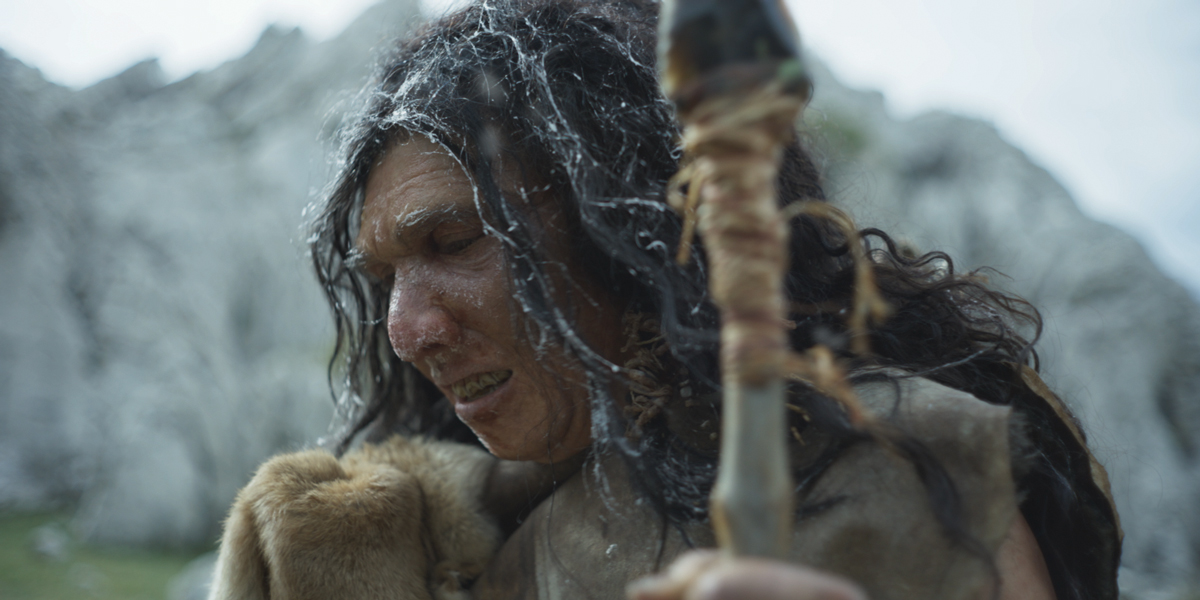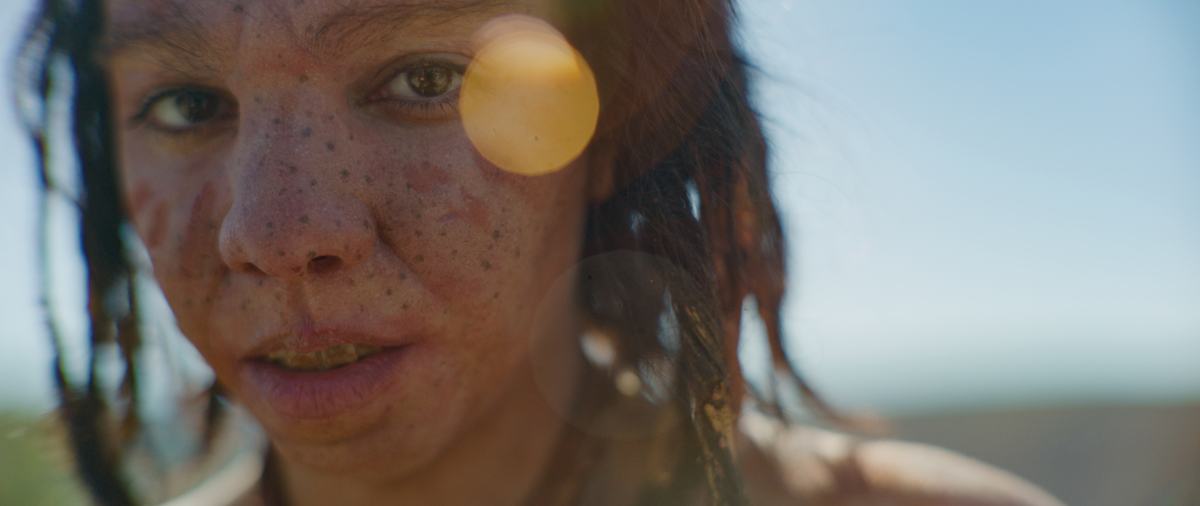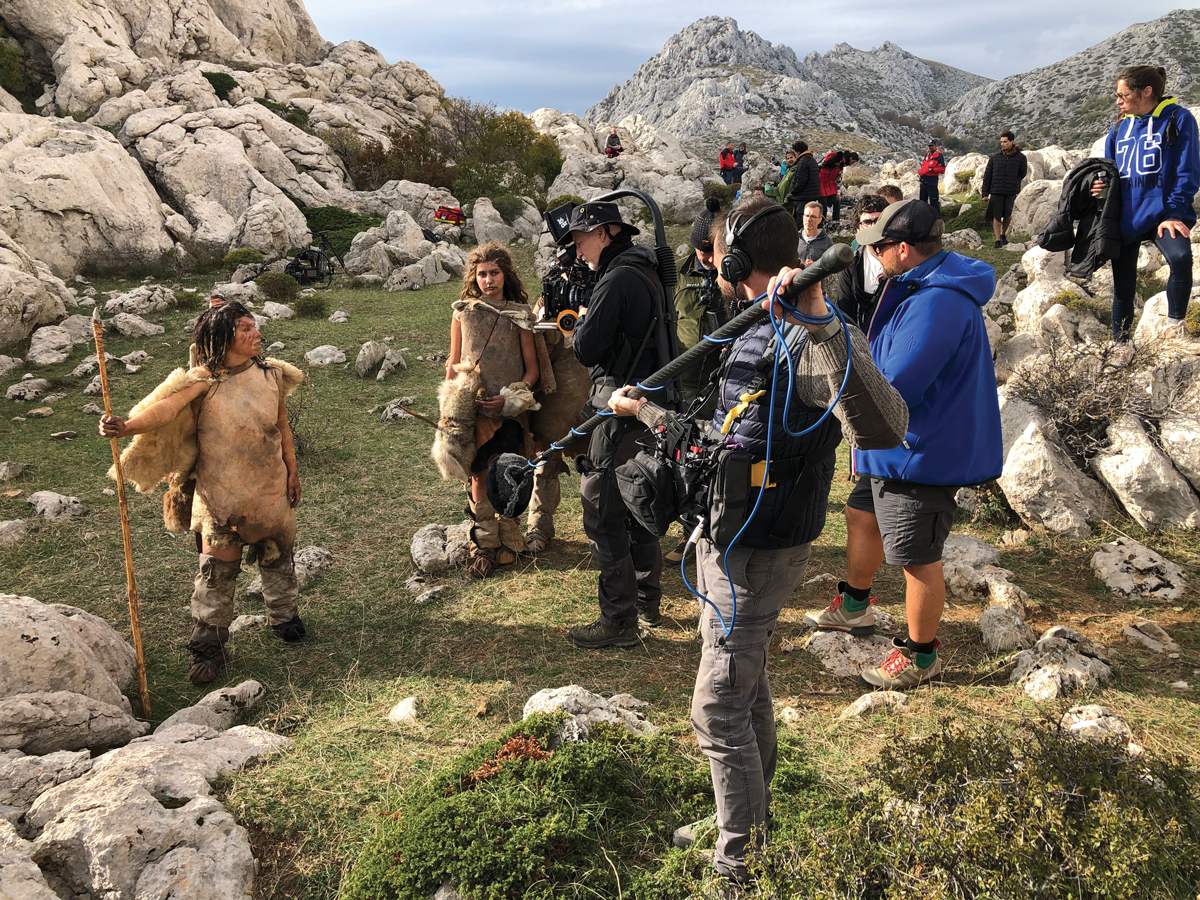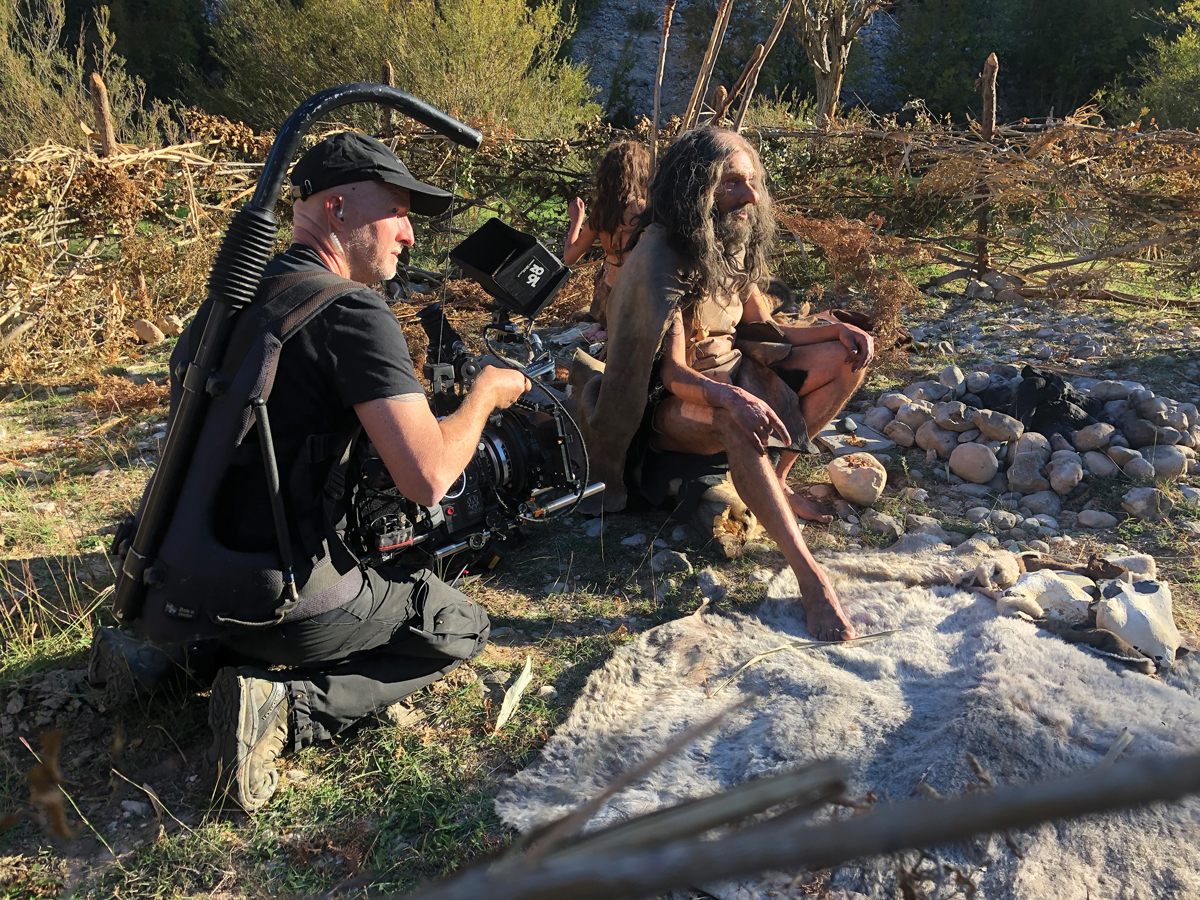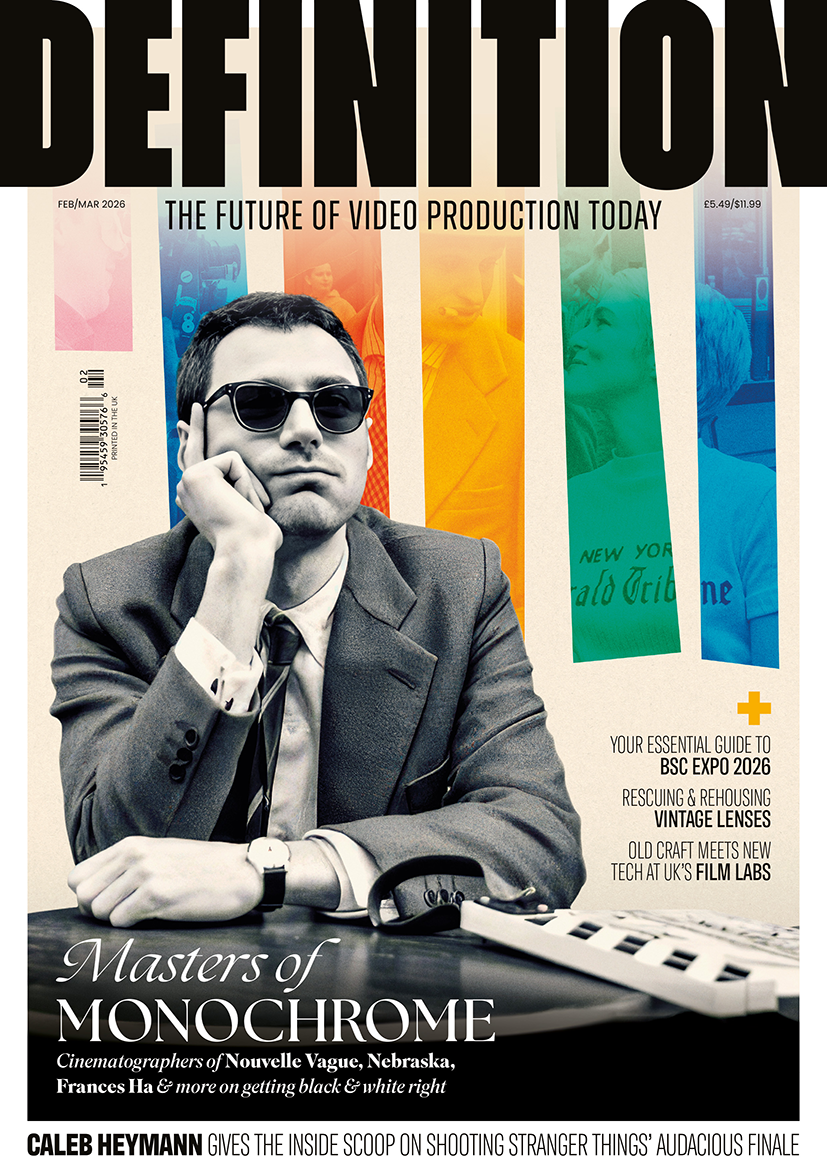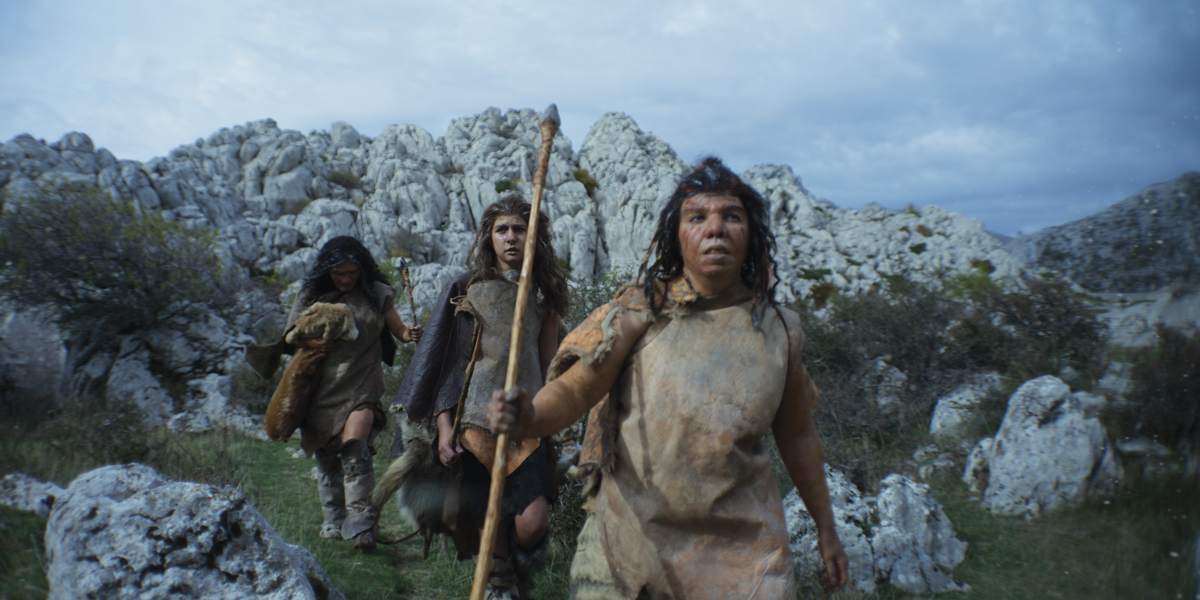
Secrets of the Neanderthals
Posted on Jul 7, 2024 by Samara Husbands
Ancient Innovators
Netflix’s latest historical documentary Secrets of the Neanderthals sheds new light on our ancient ancestors. DOP Brendan McGinty discusses the challenges and scale of this mammoth production
For centuries, the enigmatic presence of Neanderthals has captivated the human imagination, fuelling both scientific inquiry and cultural fascination. Emerging onto the prehistoric stage over 400,000 years ago, these robust cousins of Homo sapiens once traversed the ancient landscapes of Eurasia, leaving behind a trail of skeletal remains, tools and art.
Despite their extinction roughly 40,000 years ago, our ancestors remain a subject of profound interest in modern scientific discourse, anthropological studies and pop culture. Our enduring fascination with them is driven by a deep-seated curiosity about our own origins, a quest to comprehend the intricacies of human evolution and an ongoing effort to unravel the mysteries of our shared past.
Produced by BBC Studios Science Unit and directed by Ashley Gething exclusively for Netflix, the feature-length documentary Secrets of the Neanderthals – narrated by Patrick Stewart – aims to challenge preconceptions about Neanderthals as a wholly primitive species. It uncovers evidence suggesting they possessed greater intelligence, creativity and compassion than previously believed. A surge of discoveries across Europe in the last two decades has fundamentally reshaped our understanding of these ancient ancestors.
The film delves into the captivating narrative of excavation work at the famous Shanidar Cave in northern Iraq, where the remains of ancient humans were originally unearthed in the fifties. This site holds particular importance as it marked the earliest revelations of Neanderthal burial customs. Over the years, more than ten skeletons have been excavated from this location, with the most recent discovery being unveiled back in 2020.
DOP Brendan McGinty (The Devil on Trial) was acquainted with producer Gideon Bradshaw while collaborating on another docu-drama titled First Contact: An Alien Encounter, which was in pre-production at the time. Subsequently, McGinty was introduced to Secrets of the Neanderthals director Ashley Gething and the two immediately connected – sharing the same thoughts and creative vision for the film.
The entire shoot took place in Croatia, owing to its geographic terrains. “We found a beautiful cave, mountains, forests, rivers and savannah in relatively close proximity to our unit base, which all beautifully matched the location needs of Ashley’s script,” McGinty begins.
Choosing the kit
After extensive testing in the UK, the team used a combination of RED’s large format sensors (both MONSTRO and V-RAPTOR) and a set of sixties Canon Rangefinder lenses (TLS-rehoused Canon Dream lenses). “These optics were originally designed to work on rangefinder cameras; they sit far closer to the film plane than any of the later Reflex lenses,” McGinty explains. “Our cameras were LPL-mounted to accommodate for the closer distance, and this optical proximity allows for a far simpler telecentric lens design. The Dreams also have warm, minimal coatings without any flare suppression. The results are soft, vignettey, curved, focused and flarey lenses with the large format depth-of-field character. They are extremely funky and filled with beautiful organic accident.”
They tested the set extensively before shooting and were all ‘overwhelmed by the results, which fit perfectly’ with the world of the film. “We were shooting 8K resolution across a 2.39:1 aspect ratio,” McGinty continues. “The 8K – perhaps counterintuitively – allows you to stay away from any optical sharpness. You get natural resolution without any artificial sharpening and contrast, which can be baked into a lot of modern glass. I often work with RED’s Raw format (R3D) – the latitude, grading flexibility and colour depth this affords is fantastic.”
McGinty says they ‘knew from the outset we were potentially on a tonal knife edge’ when shooting Neanderthal scenes with modern actors. They looked through the visual history of early-human photography and found plentiful examples of what they didn’t want to do. Intensive research compiled by Gething and the BBC Studios team, the tests, rehearsals, extraordinary prosthetic work, props and costumes paid dividends on the shoot. ”We had decided early on to favour a vérité shooting style,” he adds. “Considerable handheld on soft flarey vintage lenses shooting wide open, so both seeing and not quite seeing our Neanderthals. We used a handheld camera wherever we could to feel as real, organic and analogue with the operating and lensing as possible.”
Braving the elements
Sunlight and fire were two decisive light elements for Neanderthals, so Gething and McGinty wanted ‘to feel these single sources in our frames’ whenever they could. “With both our fire and sunlight sequences, we leaned into flare, shadows and disruptive foregrounds,” McGinty expands. “We used one large HMI in our cave to produce the shaft of daylight we wanted (the cave had a natural aperture in its roof) and then LED augmentation for our live fires.”
What’s more, it was a collaborative process between director and DOP. “He worked with the actors as I watched, then I’d suggest a blocking after we watched a rehearsal together, which nearly always chimed with his vision for the scene,” McGinty continues. “We also embraced as much spontaneity and accident as we could as we strived to bed ourselves into a very human documentary style.”
VFX responsibilities for the film were entrusted to Lux Aeterna, with the company’s CEO and creative director Rob Hifle participating in the shoot. McGinty emphasises that the former’s involvement proved invaluable at every stage of the production.
“We ran something of a second unit approach, where I’d join with Rob after completing a scene to shoot moments and stand-alone vignettes with a specific VFX element,” he concludes. “But he was also very much part of our core team, advising on what elements he could augment in post-production and which were best to manage in-camera.”
Secrets of the Neanderthals is now streaming on Netflix.
This feature was first published in the July 2024 issue of Definition.


